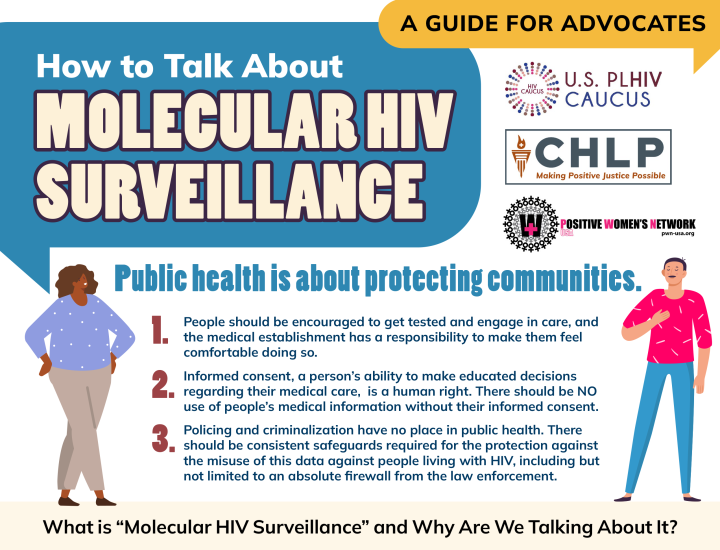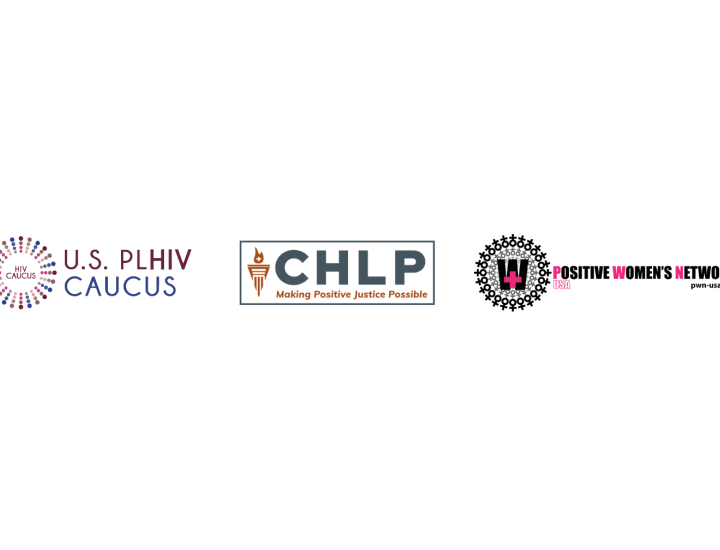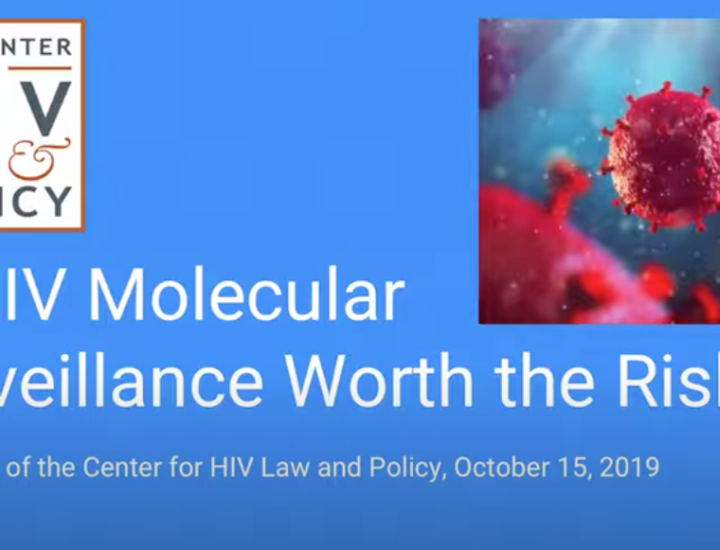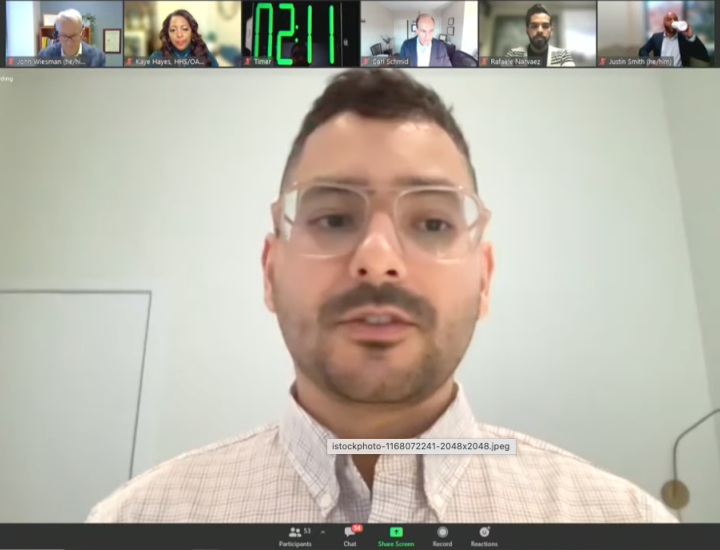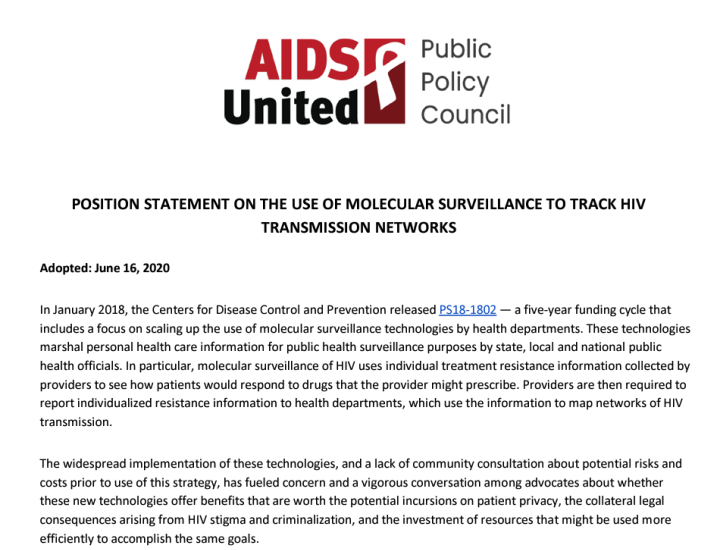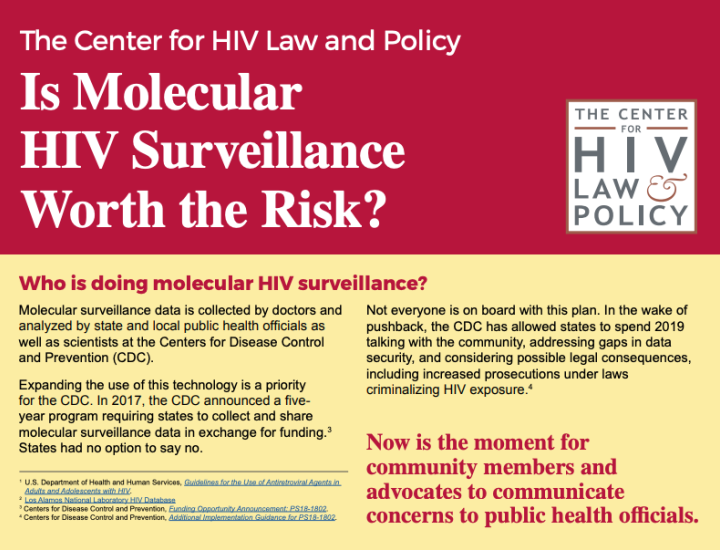Demanding Accountability on National HIV Testing Day

Demanding Accountability on National HIV Testing Day
by Amir Sadeghi, National Policy and Partner Strategist, CHLP
On Sunday, June 27, 2021 many of us working at the intersections of public health, sexual health, and systems change will recognize National HIV Testing Day. Traditionally, National HIV Testing Day has been an opportunity to raise awareness about and increase access to HIV testing and eliminate late HIV diagnoses. This year’s theme is “My Test, My Way.”
But is this theme consistent with the actual testing and data use policies that many state and federal agencies, and even large ASOs, are aggressively promoting?
In recognition that National HIV Testing Day lands on the eve of the 1969 Stonewall rebellion against police violence, do we consistently connect health care and testing to broader dynamics of oppression and social change? Do we insist on policies that actually allow people to test their way, with their rights to information and privacy protected?
While celebrating Stonewall and HIV Testing Day, we must center the concerns of people living with and at risk of both HIV and excessive policing about their right to consent to testing and to control the use of their medical information, and how HIV testing data can be weaponized against them.
One big source of concern is the CDC’s promotion and funding of prevention initiatives that rely on “molecular HIV surveillance” or MHS. With MHS, PLHIV’s personal diagnostic information is used to track their sexual partners, i.e., who is having sex with and transmitting HIV in what community and social circles. In response, CHLP published this fact sheet and webinar with partners in both public health and HIV political activism, including the US People Living with HIV Caucus. With CHLP’s resource as the foundation, in 2020 the AIDS United Public Policy Council (PPC) endorsed a statement echoing the concerns reflected there, along with a list of concrete suggestions for a community-driven response.
A core concern raised in the PPC statement on molecular HIV surveillance involves efforts to encourage HIV testing. There are risks for PLHIV who may see HIV testing and related data used against them in criminal or immigration proceedings. PLHIV also have reason to worry about the possibility that the privacy of their personal medical data will be compromised; and that data collected as part of their personal treatment plan is being used, without their knowledge or consent, for research and prevention initiatives. These critical issues intersect and can deepen the medical mistrust that alienates many whom our state and national Ending the Epidemic (ETE) strategies prioritize.
CHLP and a number of other PPC members have long identified a tendency in both the public health and the criminal legal systems to treat people living with HIV as disease vectors rather than human beings with dignity and inviolable rights. On this National HIV Testing Day, we should take stock of how seriously we treat the privacy, bodily autonomy, public health, and criminalization risks that underscore the PPC statement on molecular HIV surveillance.
The CDC funding program pressuring states to use identifiable personal health data through MHS is set to expire on December 31, 2022. Years into its implementation, the CDC has yet to explain to the public how MHS provides better prevention bang for the buck than less risky measures, let alone acknowledge the legitimate community concerns about how molecular surveillance has been implemented.
On National HIV Testing Day, we should remember our community tradition of protecting the rights of all of us, and of holding government and service agencies accountable. We know that by honoring principles of disability and racial justice, and protecting medical privacy and bodily autonomy, we improve the public’s health. We should insist that these principles form the bedrock public health surveillance when PS18-1802 is reintroduced next year.
For more information about MHS and other proposals that threaten the privacy rights of PLHIV, contact [email protected].
